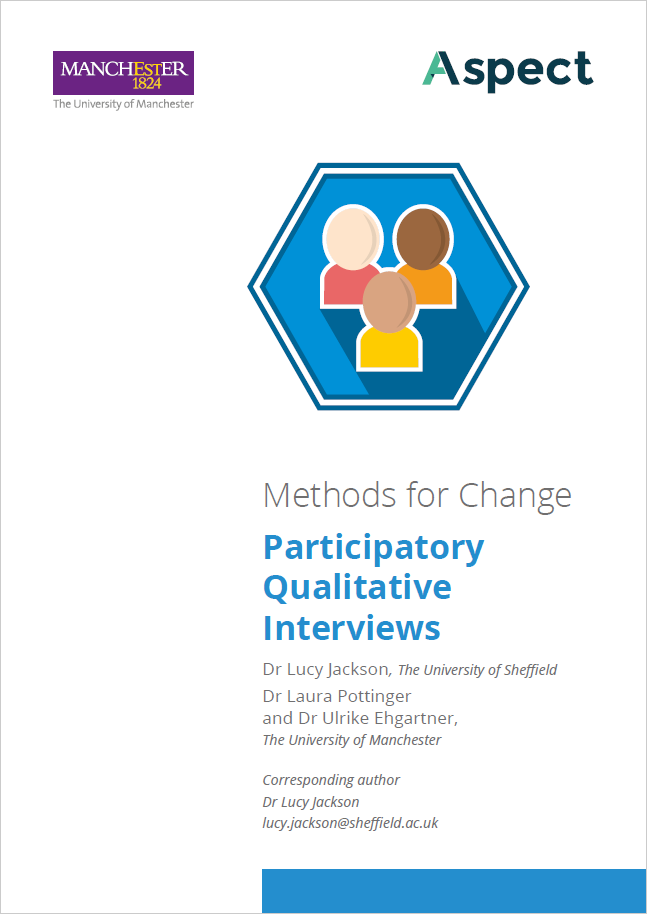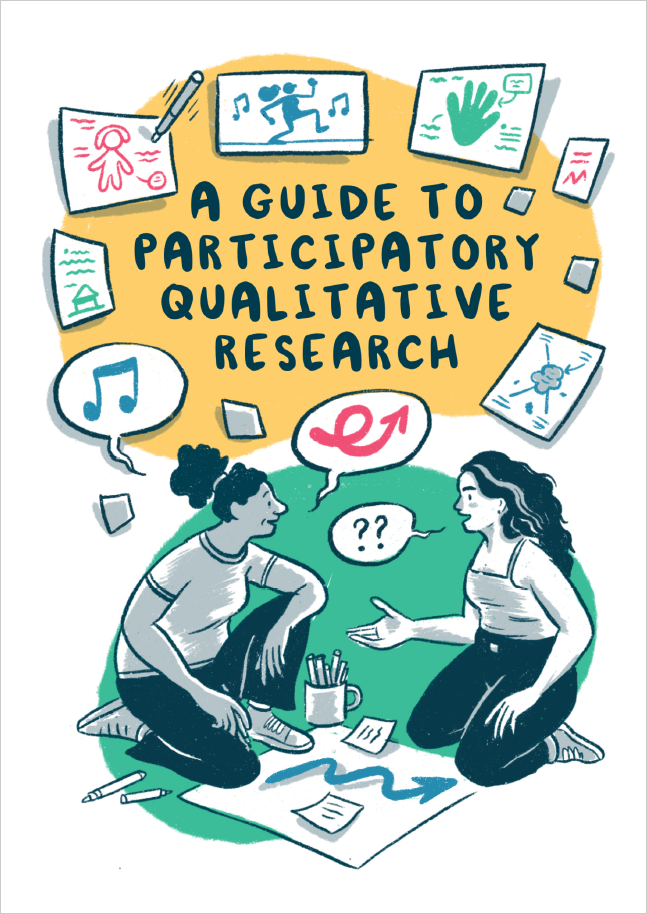Research Method: Participatory Qualitative Interviews
This method offers a creative alternative to qualitative interviews – often understood as a ‘conversation with a purpose’- by asking participants to take part in an activity whilst engaged in conversation. Introducing a fun, interactive, participatory dimension can make interviews feel less intimidating for both the interviewer and respondent, and can disrupt established power relations. Participatory Qualitative Interviews are less formulaic than standard semi-structured interviews, and can be carried out with individuals or groups.
Rather than following a predetermined interview schedule, conversations unfold in a more fluid way. The researcher may have a list of prompts or themes, but it is the activity that structures the research encounter. As participants become immersed in the activity, they may feel more comfortable and open to talking about topics that might be sensitive or less easy to discuss in a formal interview. This approach could involve, for example, asking participants to produce or comment on something such as an artwork, a piece of music, or a video. Or, it might involve taking part in a shared activity such as dancing, knitting, singing, or storytelling, which may be related to the research topic. This method can therefore produce interesting data drawn from the conversations that take place around activities, as well as valuable alternative data and outputs in the form of images, film, song or collage.
You can find all the research outputs from the Methods for Change series here







